Genetics
-
 Genetics
GeneticsTwo artificial sweeteners together take the bitter out of bittersweet
Some artificial sweeteners are well known for their bitter aftertastes. But saccharin and cyclamate are better together, and now scientists know why.
-
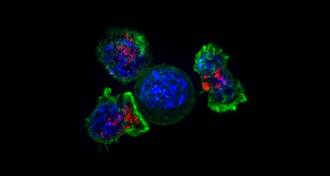 Health & Medicine
Health & MedicineFDA approves gene therapy to treat a rare cancer
The Food and Drug Administration has approved Kymriah to treat a rare cancer. It’s the first-ever gene therapy approved in the United States.
-
 Genetics
GeneticsMuscle pain in people on statins may have a genetic link
Many people stop taking cholesterol drugs because of aches, but it has been unclear if the drugs are at fault.
-
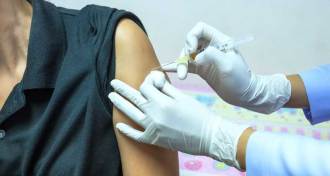 Genetics
GeneticsIf you’re 35 or younger, your genes can predict whether the flu vaccine will work
A set of nine genes predicted an effective response to the flu vaccine in young people, no matter the strains.
-
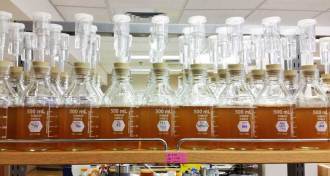 Life
LifeWild yeasts are brewing up batches of trendy beers
Wild beer studies are teaching scientists and brewers about the tropical fruit smell and sour taste of success.
-
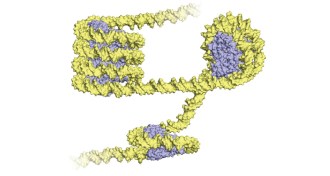 Genetics
GeneticsThe first look at how archaea package their DNA reveals they’re a lot like us
Archaea microbes spool their DNA much like plants and animals do.
-
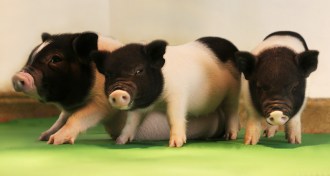 Genetics
GeneticsGene editing creates virus-free piglets
Pigs engineered to lack infectious viruses may one day produce transplant organs.
-
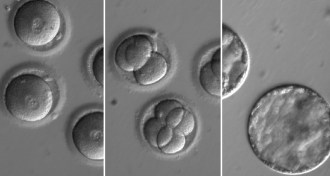 Genetics
GeneticsGene editing of human embryos gets rid of a mutation that causes heart failure
Gene editing of human embryos can efficiently repair a gene defect without making new mistakes.
-
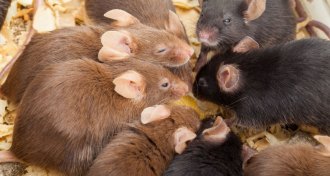 Neuroscience
NeuroscienceMice with a mutation linked to autism affect their littermates’ behavior
Genetically normal littermates of mutated mice behave strangely, suggesting that the social environment plays a big role in behavior.
-
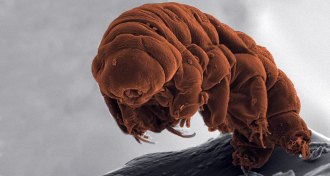 Genetics
GeneticsTardigrades aren’t champion gene swappers after all
Genetic studies reveal more secrets of the bizarre creatures known as tardigrades.
-
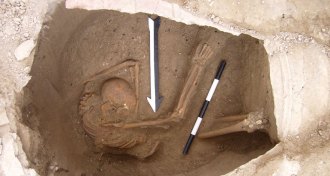 Anthropology
AnthropologyAncient DNA offers clues to the Canaanites’ fate
DNA is painting a more detailed portrait of the ancient Canaanites, who have largely been studied through the secondhand accounts of their contemporaries.
-
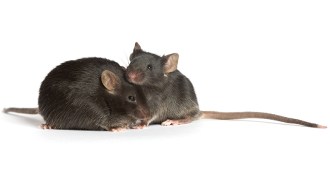 Genetics
Genetics50 years ago, diabetic mice offered hope for understanding human disease
Mice described in 1967 are still helping researchers understand diabetes.